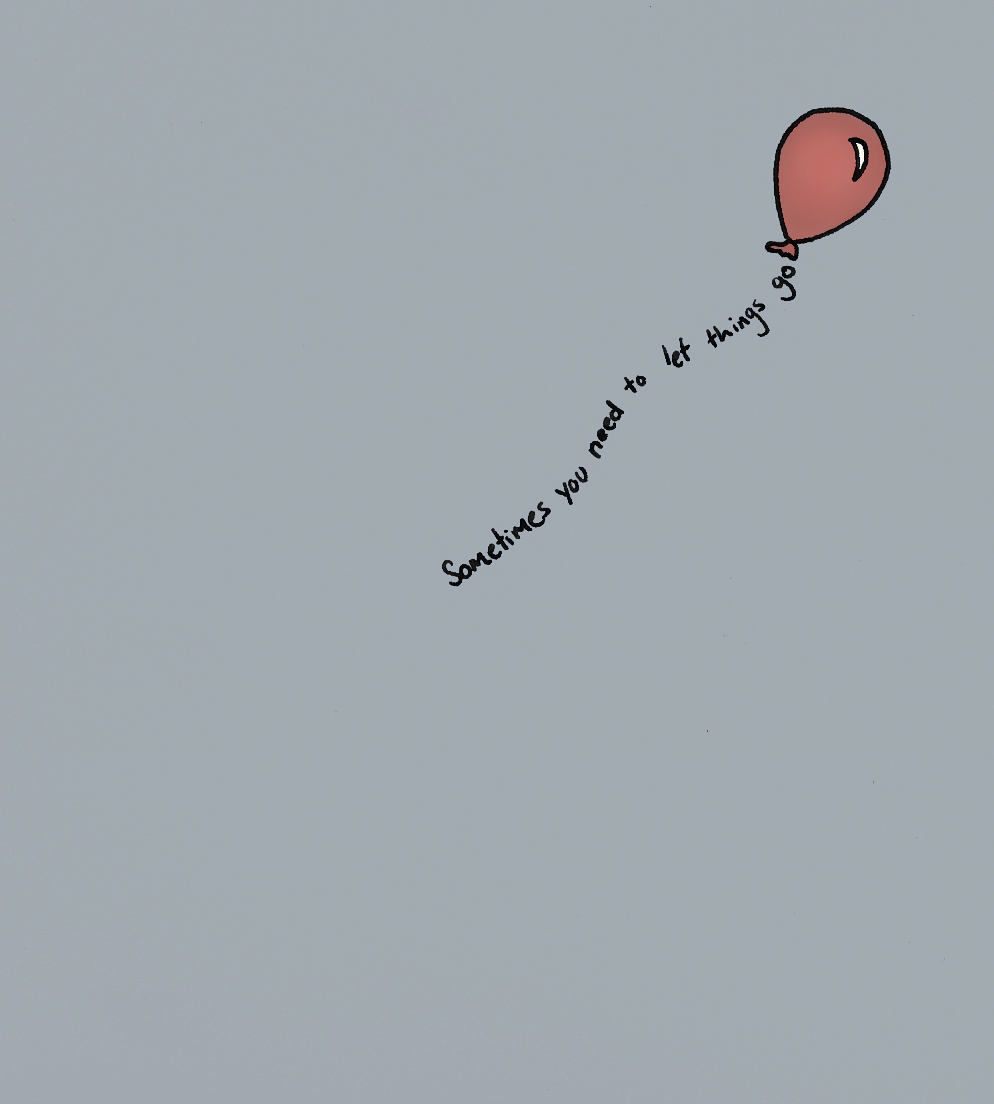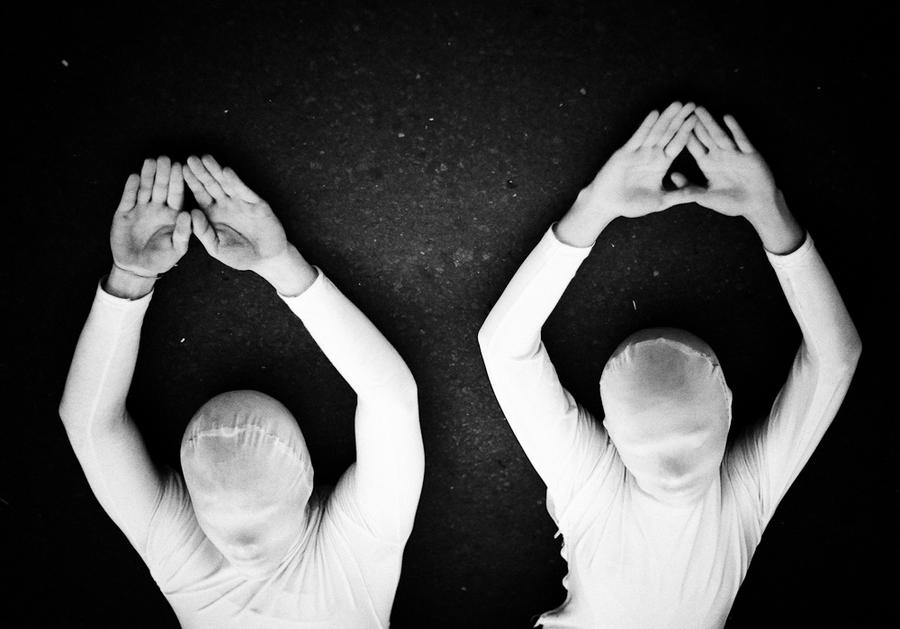I was asked to present a short speech to the United Nations Alliance of Civilisation's Global Forum in Vienna this year, as the Youth Representative. The theme this year was "Responsible Leadership".
Tightness of the schedule meant that I was unable to share this entire speech, but here it is in its entirety nonetheless.
***
When I was at the wise old age of 16, I attended a youth forum in my home town of Brisbane - not dissimilar to yesterday's session - and my eyes were opened up to what existed in my region. That particular session, had brought together 100 young people from around the Asia Pacific to talk about their projects and initiatives and essentially share experiences. Very cool and inspiring... but for my idealistic 16 year old self, something was missing.
At home after the third night, I was lamenting to my supportive mother about the fact that there were all these amazing young people working on fantastic projects, but there seemed to be this disconnect between the organisations - a constant dog fight for funding, excessive replication of work that was already being done well, inefficient use of resources... The work that was being done was amazing and inspiring yes, I said to my mother. But why can't they all collaborate and work together as a pose to seeing it as a constant competition?
My mother, being used to my tirades, said something to me that day, and that simple line has really changed the course of my life.
'Well, instead of just talking... why don't you do something about it?'
Sitting there, I just thought. Hmm, touche.
So the next day, I returned to the conference to convince three other young people that we should start an organisation called Youth Without Borders. An organisation focused on empowering young people to implement positive change in their communities yes, but also an organisation that is focused on encouraging young people to work together on projects and learn from one another... and alhamdulilah, here is where it led.
The true learning from that experience however, isn't that we should always listen to our mothers - even though that is also very true - but it is that the impetuousness of youth, the willingness to just go out there and do something, to take risks those with different responsibilities might not take... that is one of our true strengths as a demographic.
Ladies and Gentlemen, it is an absolute honour to be standing in front of you here today, and I thank UNAOC for the opportunity to address you.
Firstly, it should be said that the young people present yesterday at the forum and sitting amongst you at the moment, are a group of some of the most inspiring, intelligent and creative young people from around the world. It is a privilege to have worked alongside them, and I urge and encourage you as participants of this Global Forum to meet and have a chat to one - I should warn you however, you may find yourself in awe.
The forum yesterday was a key example of how the collective hive mind of young people can produce true gold. Recommendations such including ethical religious education from the primary school level up, highlighting the importance of social media as a medium of communication and essential for media plurality, the proposal of an online, open source language resource for migrants and a long term perspective to ensure minorities are engaged in the political process... these are all recommendations that could concretely and realistically impact countless lives in a positive manner. I truly hope that you as a forum consider them with due consideration and see what can be made a reality.
On the topic of responsible leadership however...Oh, how it can be found in the strangest of places. I could tell you the story of how my high school principal demonstrated Responsible leadership in diversity by admitting the first Hijabed female to a strongly Christian school, disregarding vitriol from other parents. Or the story of countless individuals in community - or even my father - who sacrificed their particular personal goals in order to provide better futures for their family; a micro version of responsible leadership. Or even perhaps the example of Abraham Lincoln, who, despite all odds and expectations, abolished slavery at a time that it was unthinkable.
I asked my friends this exact question on facebook, and within 15 mins I had responses such as "to lead for the greater good of the group", "to guide people to their own directions and goals without personal benefit", "to be transparent and accountable", and "to expect more of yourself than the people you lead".
Responsible leadership is about transparency, yes. It is about accountability, yes. It is about ensuring that your duty as a leader to your people is respected and carried out to the utmost best of your capacity, yes.
At the end of the day, Ladies and Gentlemen, Responsible Leadership is about doing what is right, driven by the Universal Values - of Human Rights, of Respect, of Dignity and of selflessness. Respecting your duty as a leader and in the case of diversity and dialogue, that means that all are equally represented and given equal consideration, that dialogue is open and free.
Doing what is right.
A simple sentiment perhaps...
But sometimes, those simple sentiments are the most difficult to adhere to.
Adhering to them, in the face of that difficulty, is then truly, responsible leadership.
However, I do not doubt that these are all aspects of leadership that you are well aware of.
From our perspective as young people however, responsible leadership is also about truly respecting the agency of young people and the capacity they bring to the table.
Time and time again, I have been awed and inspired by the work done by young people throughout the globe. Young people that not only smash the stereotype, but render it almost unthinkable.
Responsible leadership for us perhaps, is about making sure that we have a seat at the table - and not the kiddies table - but the table on which our perspectives are heard with equal resonance. It is about being responsible enough to accept the fact that by young people, for young people is the most effective way of working with, or improving the lives of and empowering young people.
I leave you then, with this challenge. There are over 1000 of you, and around 150 young people. I challenge to you, over the course of this forum, to truly engage with at least one participant from the youth forum. Find out what they are passionate about and working on, and see if that does not inspire you to think about leadership in a little bit of a different way.



 [box] “23,000 persons per day leave their homes and seek protection elsewhere – more than the total number of asylum seekers arriving in Australia in a year[/box]
[box] “23,000 persons per day leave their homes and seek protection elsewhere – more than the total number of asylum seekers arriving in Australia in a year[/box]
















